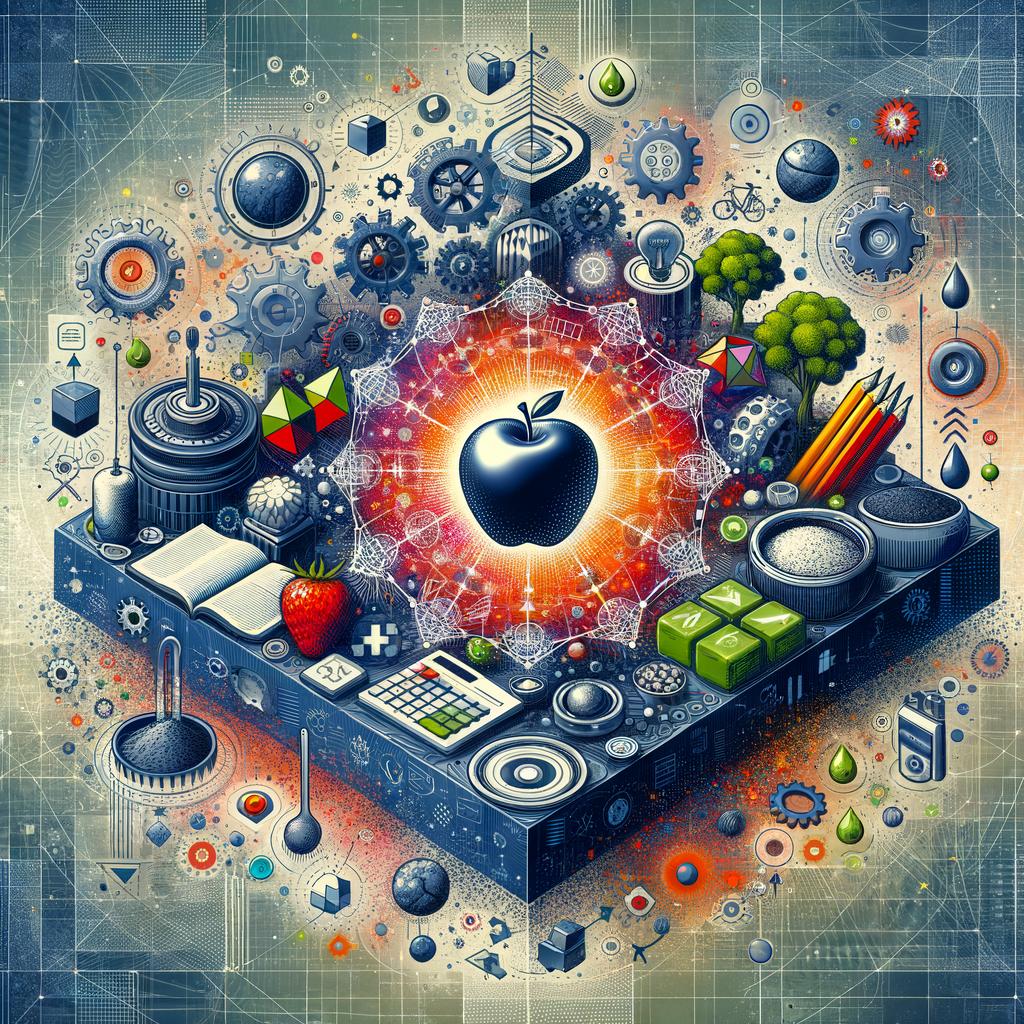
An Energized Endeavour: A Dive into the Most Energizing Diets
The question we’ve all had at some point or another: “What diet gives the most energy?” The concise answer lies in diets enriched with whole grains, lean proteins, fresh fruits, vegetables, and healthy fats. It’s not merely about a single plate of nutritious food, but rather a regular regimen of these power-packed components delivering sustainable energy throughout your day. In this article, we’ll be delving deeper into the energizing elements of an ideal diet, showcasing diets like the Mediterranean diet and alkaline diet, and sharing tips to boost your energy levels.
Fueling Your Engine: The Ideal Components of an Energizing Diet
The human body is like a complex machine, requiring constant fuel to keep its gears duly oiled and functioning seamlessly. But this isn’t a simple ‘any fuel will do’ scenario; the selection of your fuel can immensely impact your energy levels.
Whole grains, for instance, serve as the body’s primary energy source, aptly depicted as the integral ‘carbs’ argument in any diet. They are slow-burning fuel, gradually releasing energy to keep you sustained for longer periods. Similarly, lean proteins work to satiate your hunger and maintain muscle health, while fruits and vegetables provide essential vitamins, minerals, and antioxidants that support overall vigor and vitality. Lastly, the indispensable role of healthy fats cannot be disregarded. By supplying dense energy, supporting cell growth, and protecting vital organs, these fats become critical players in your energy dichotomy.
Healthy Hydration: The Role of Liquids in an Energy-Rich Diet
Despite solid foods forming the core structure of an energizing diet, we cannot overlook the importance of hydration. Water, herbal teas and clear broths not only quench thirst but also aid in nutrient absorption and digestion, leading to more efficient energy production.
The Mediterranean Diet: Eating Your Way to More Energy
Evoking images of sun-kissed produce and tastes of the crystalline sea, the Mediterranean diet is endorsed by many health gurus as an optimally balanced, energy-giving lifestyle choice. This diet, with its emphasis on fresh fruits, vegetables, whole grains, lean proteins, and healthy fats, serves as a cornucopia of nutritional goodness engineered to keep you brimming with vitality throughout your day.
Fishing for Energy: The Role of Fish in the Mediterranean Diet
Fish, being a significant aspect of the Mediterranean diet, is packed with protein and omega-3 fatty acids. This dynamic duo not only provides a steady stream of energy but also supports heart health, brain function, and overall cellular health.
The Alkaline Diet: A Contrarian Approach to Increasing Energy
While the alkaline diet may sound like a newcomer on the block, its roots lie in ancient philosophies of balancing the body’s acid and alkaline levels. Proponents of this diet argue that by leaning towards alkaline-rich foods, you can optimize your body’s pH levels, potentially amplifying your energy reserves and strengthening your immune system.
Cutting the Acid: The Crucial Elements of the Alkaline Diet
Fruits and vegetables, nuts, tofu, and seeds: these alkaline food warriors are known to be power igniters in the quest for sustained energy. Conversely, avoiding acid-promoting foods like meat, dairy, and processed foods, is a cornerstone of the alkaline diet philosophy.
Superfood Sidekick: Supplementing Your Energy-Focused Diet
Beyond the different diet choices that can fuel your body, introducing superfoods to your daily regimen can give you that extra energy edge. Foods like quinoa, blueberries, kale, and chia seeds are nutrient-dense powerhouses bound to get your energy gears spinning.
The Blueberry Boost: Why Blueberries Should Be In Your Energy Diet
Blueberries only take a small portion of your plate but pack a considerable punch when it comes to your energy levels. Rich in antioxidants and vital minerals, they offer not only a sweet treat but an energy replenisher and concentrator throughout your day.
Powering Down: The Energizing Conclusion
Finding the diet that gives you the most energy is as much about understanding your unique body needs as it is about knowing the basics of nutrition. Be it the time-honored Mediterranean diet, the progressive alkaline diet, or handpicking a platter of your preferred superfoods, key is to find balance and follow a sustainable dietary pattern that keeps your body vitality at its optimum. Remember, it’s all about steady strides and not sudden leaps!
Frequently Asked Questions
1. Does the keto diet provide good energy? The keto diet can offer sustained energy by utilizing fats instead of carbohydrates for fuel. However, it might not suit everyone, and some people may initially experience lower energy during the metabolic switch.
2. Which foods drain energy? Foods high in sugar, heavily processed foods, and excessive caffeine can lead to energy crashes after an initial burst.
3. How do vegetarian diets fuel energy? Vegetarian diets can provide balanced energy through a mix of plant-based proteins, healthy fats, and complex carbohydrates from whole grains, nuts, fruits, and vegetables.
4. Does drinking water boost energy? Yes, dehydration can lead to fatigue. Staying adequately hydrated can support energy levels and overall body functioning.
5. Can a high protein diet increase energy? Yes, protein-rich foods support muscle mass and can provide sustained energy due to slower digestion. However, they shouldn’t replace complex carbohydrates, which serve as the primary energy source.



